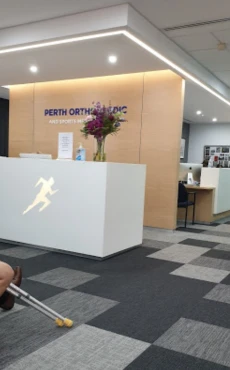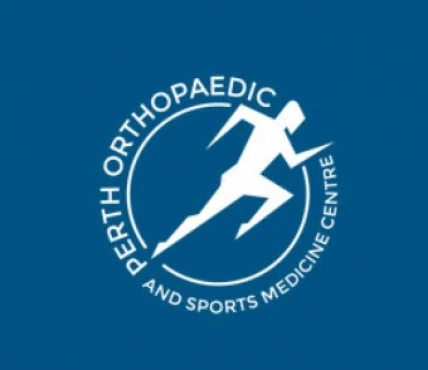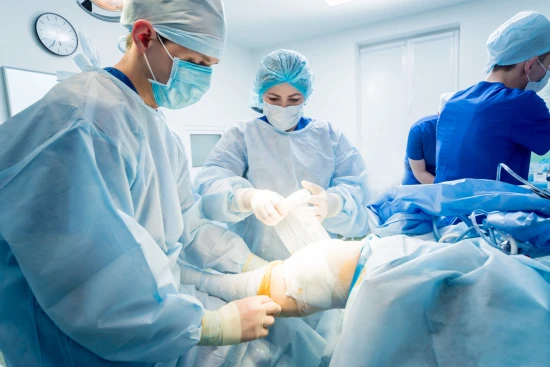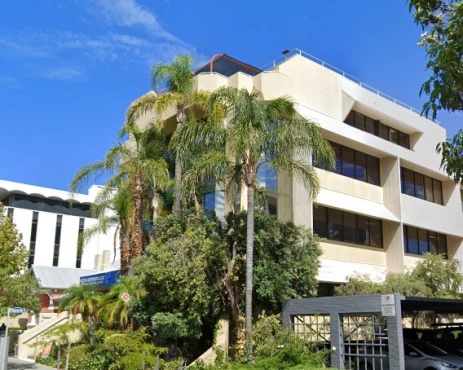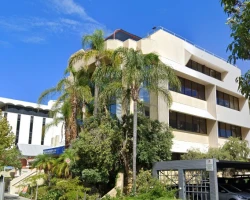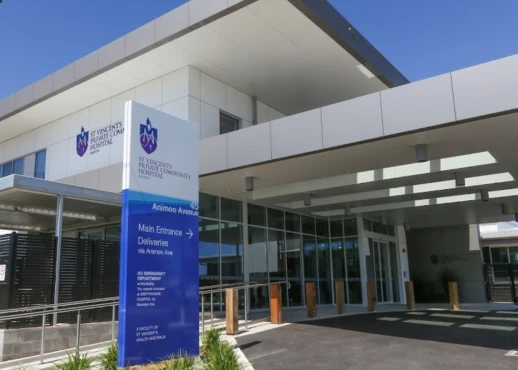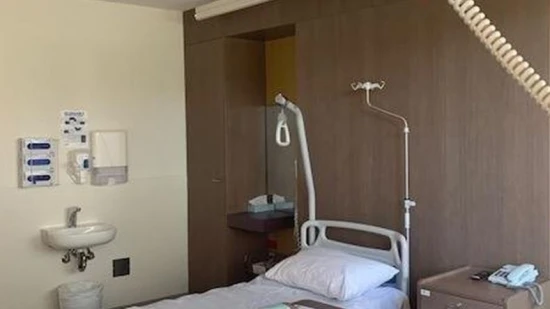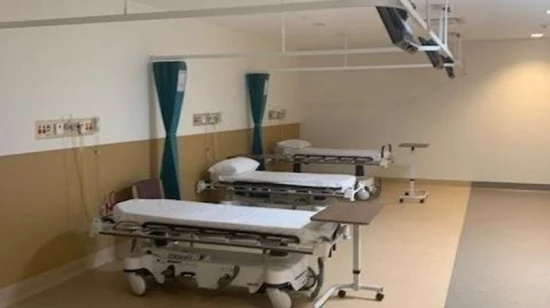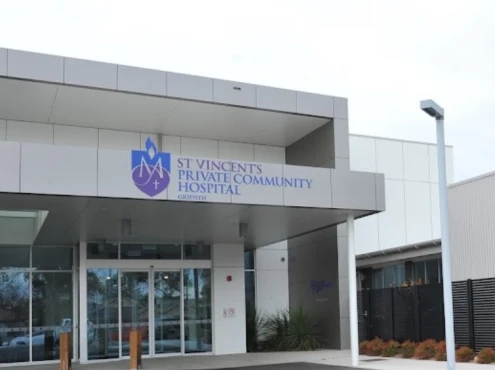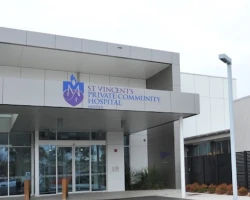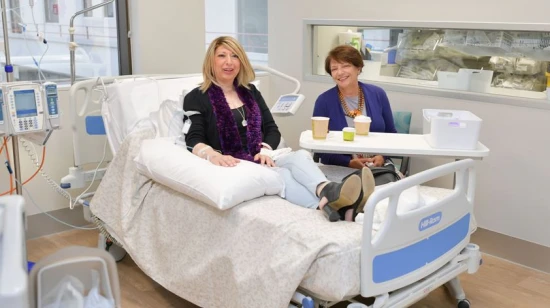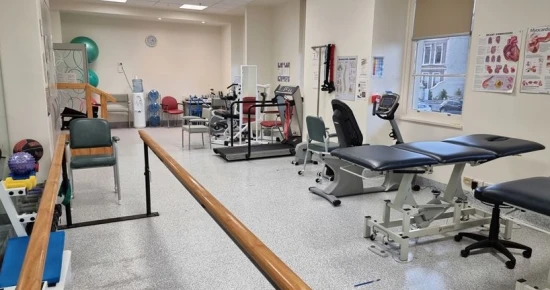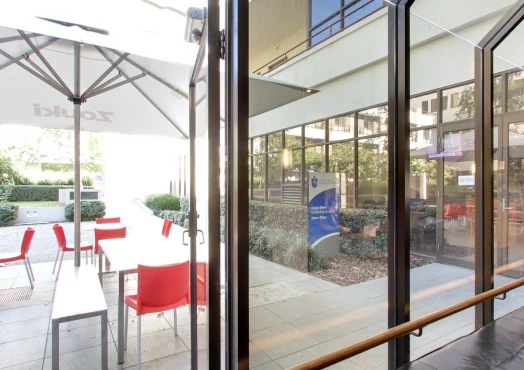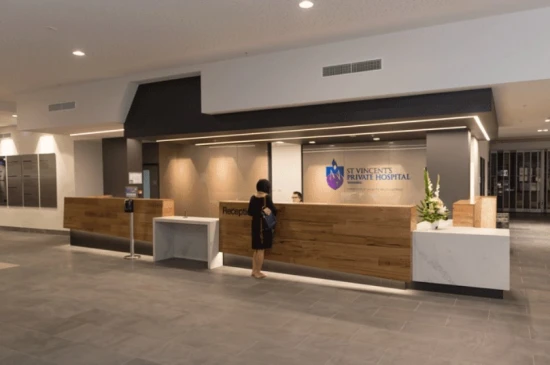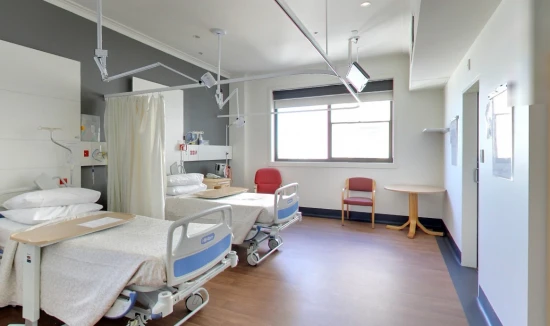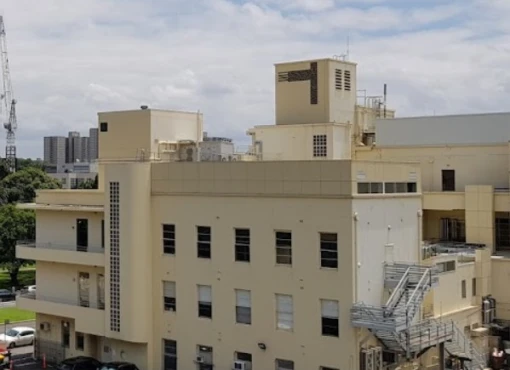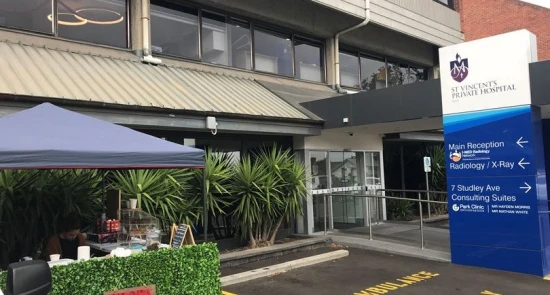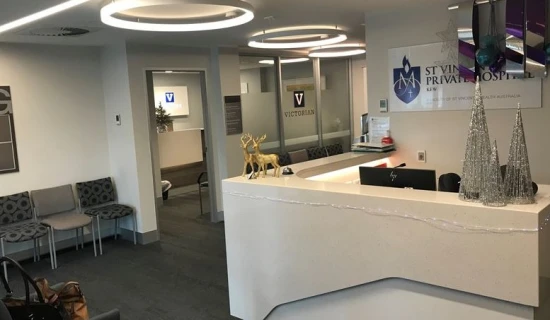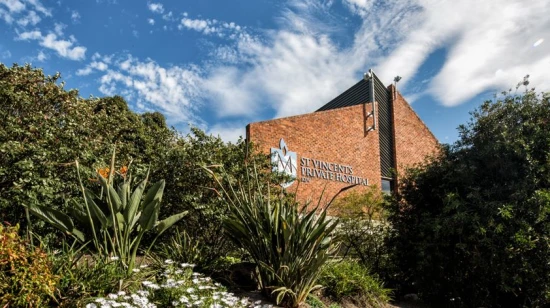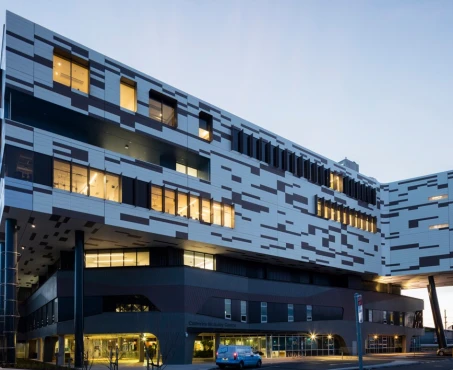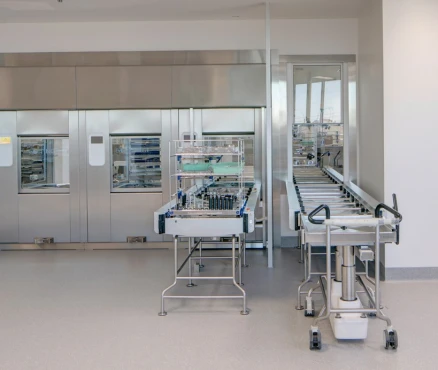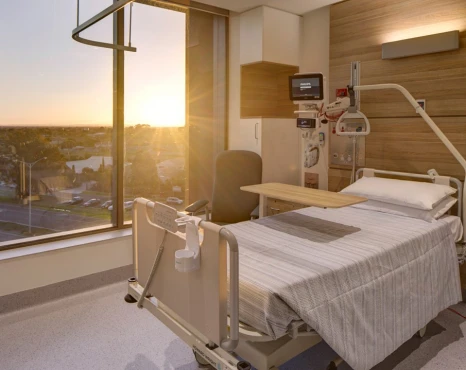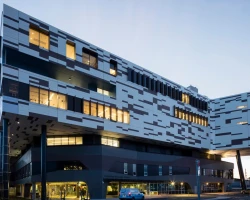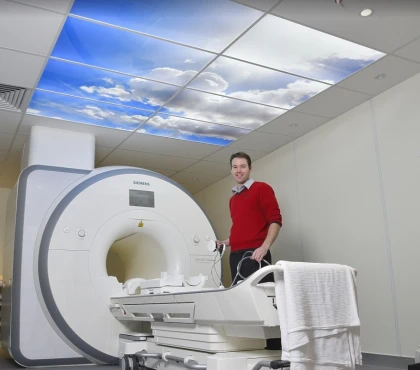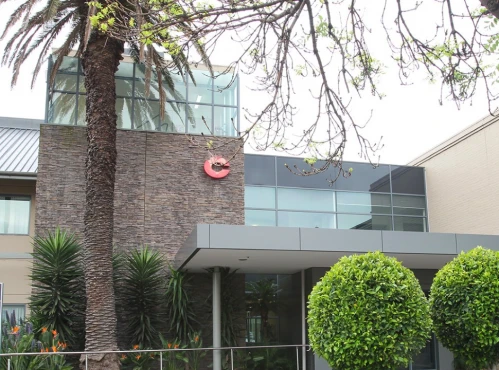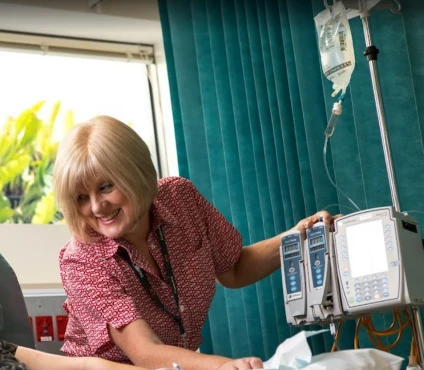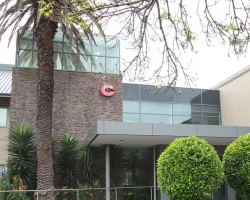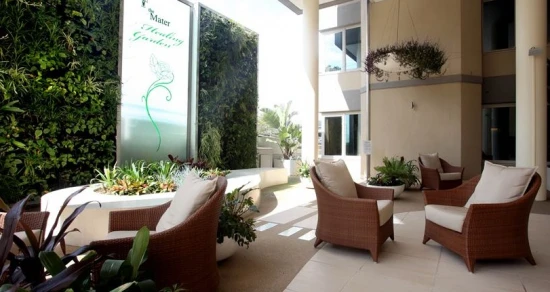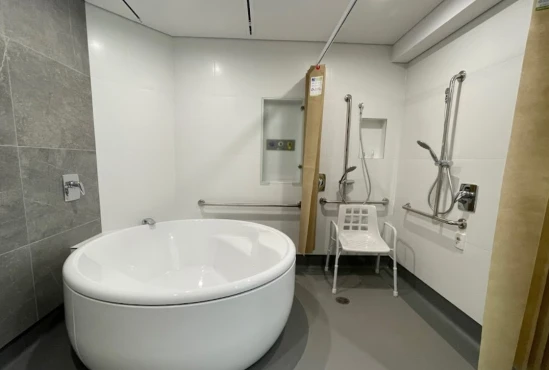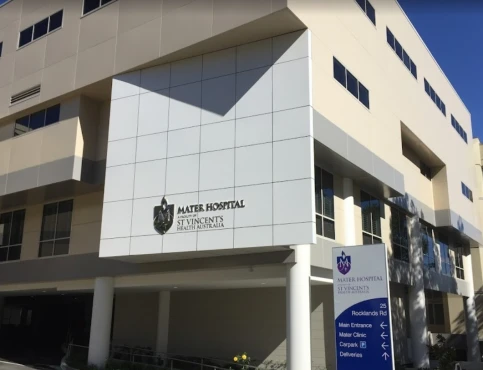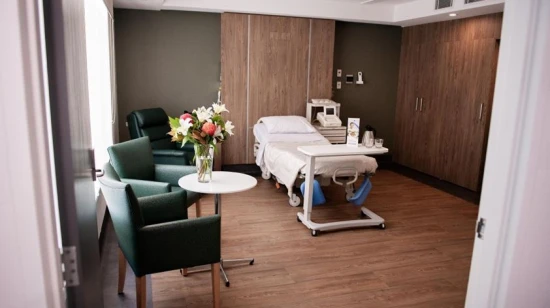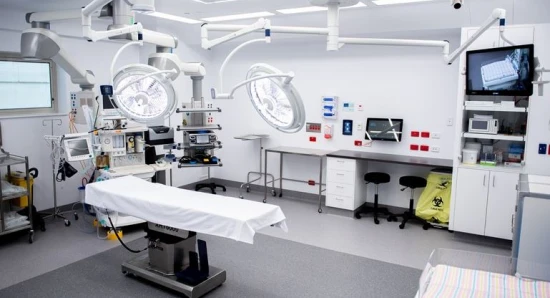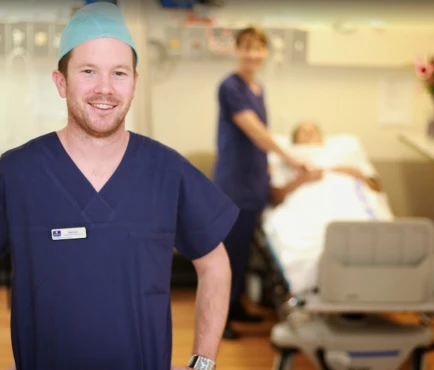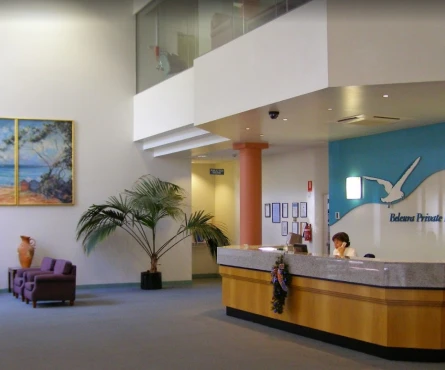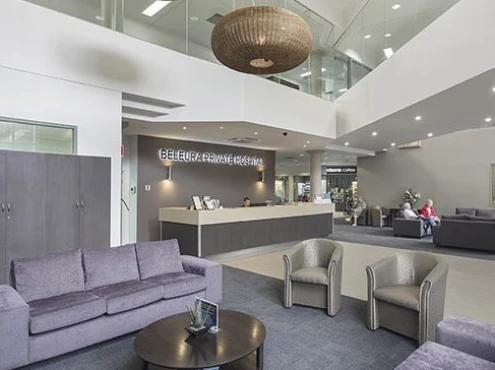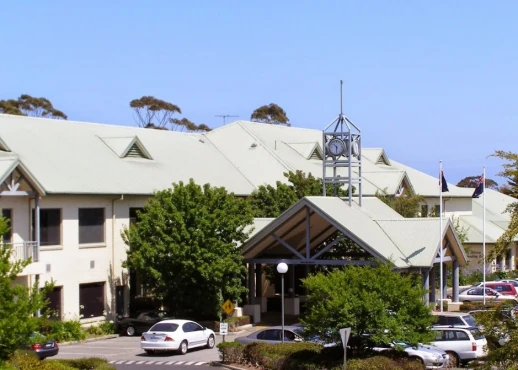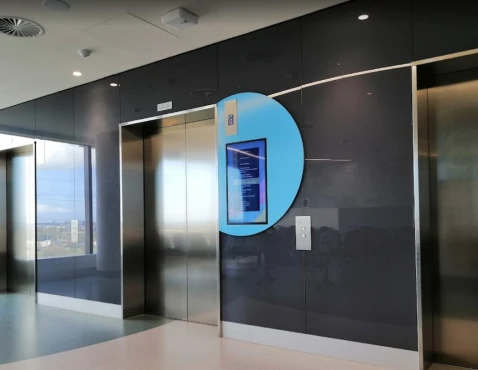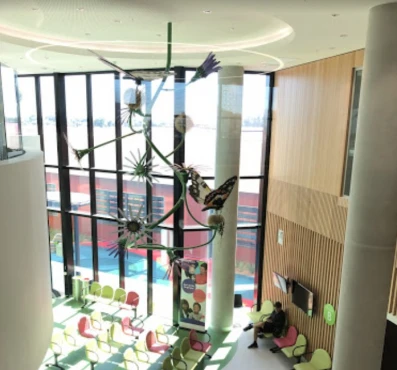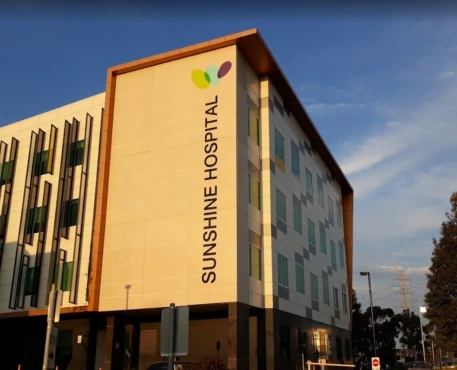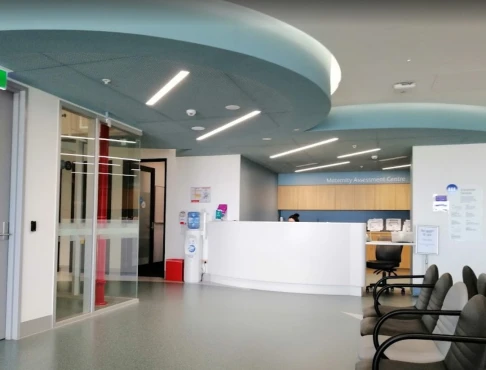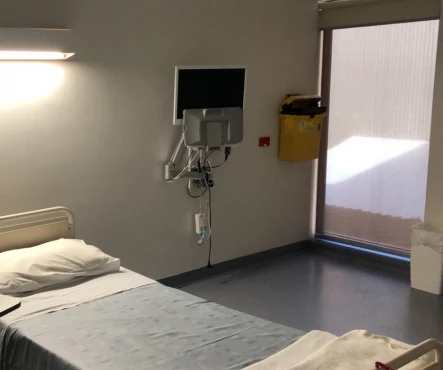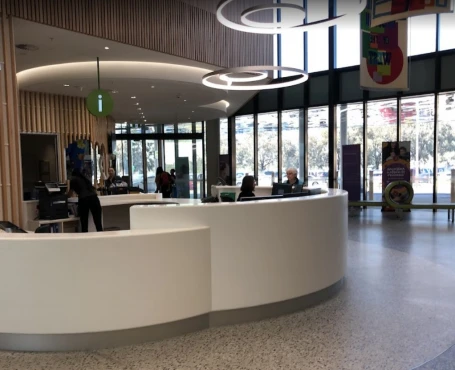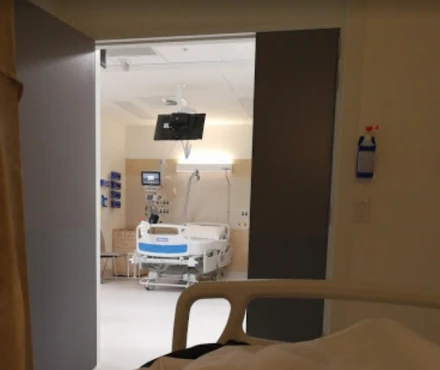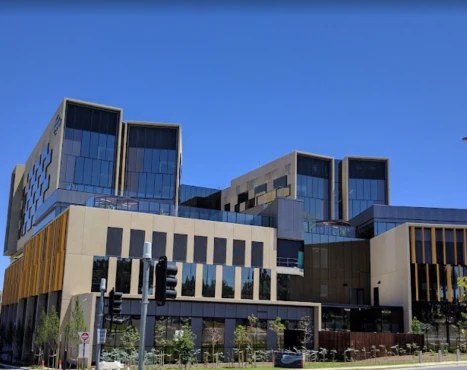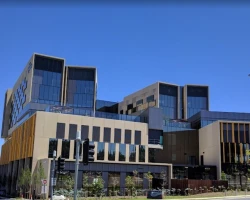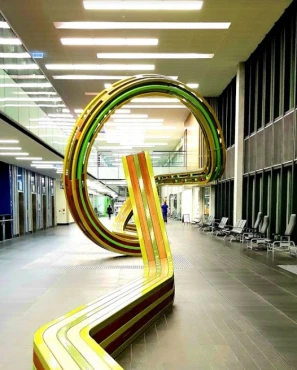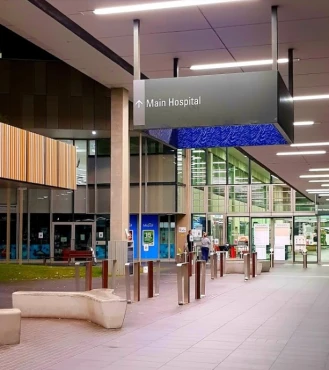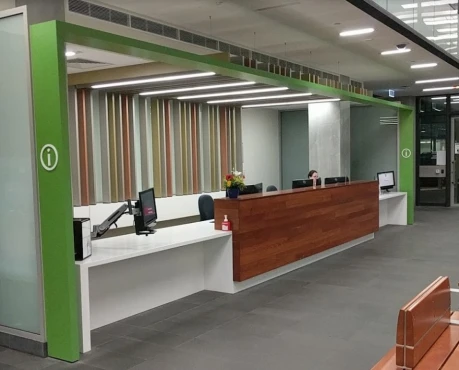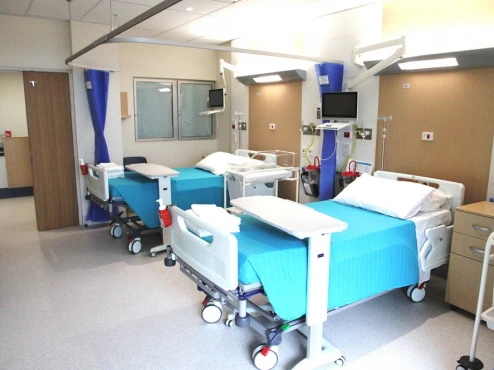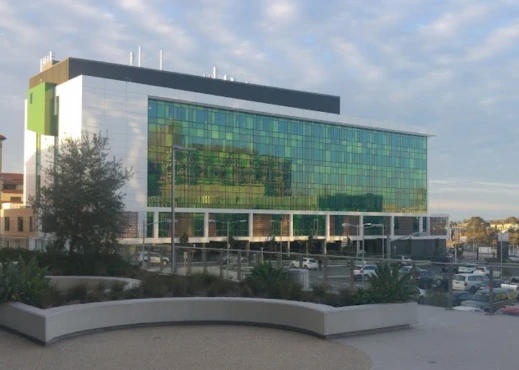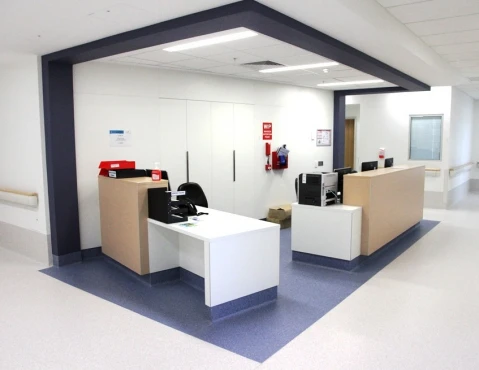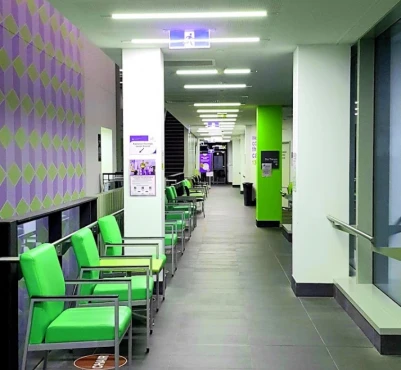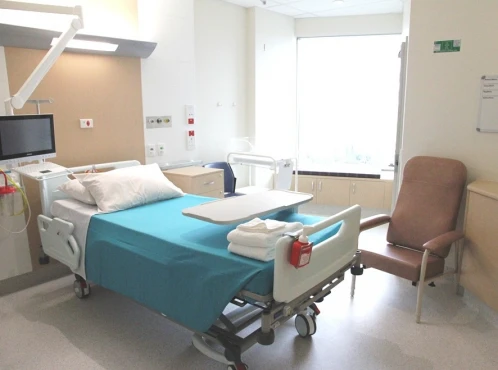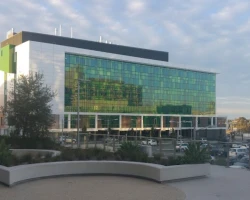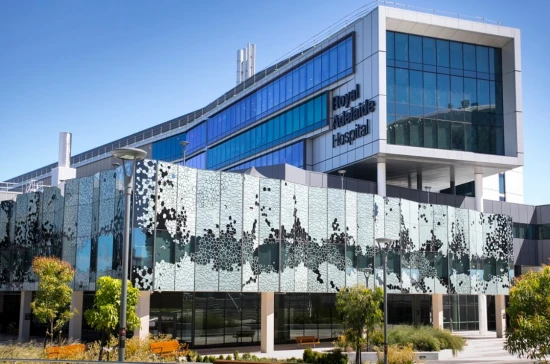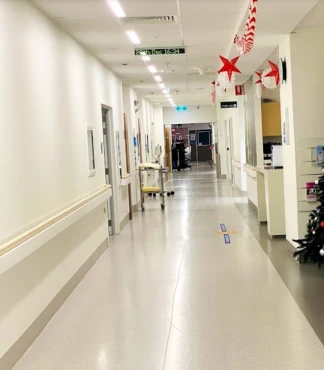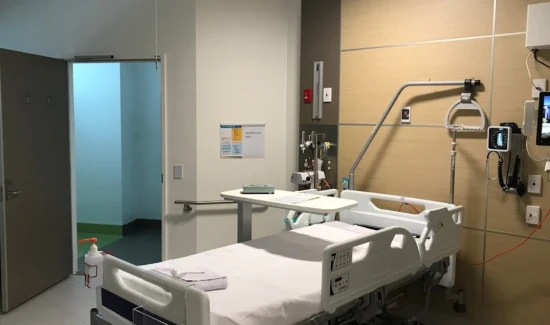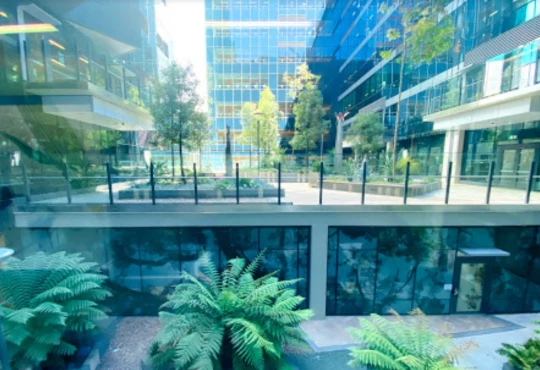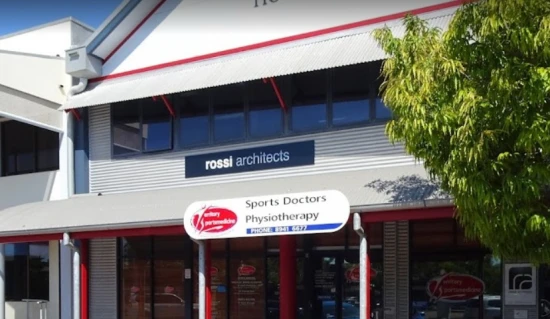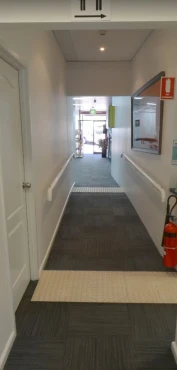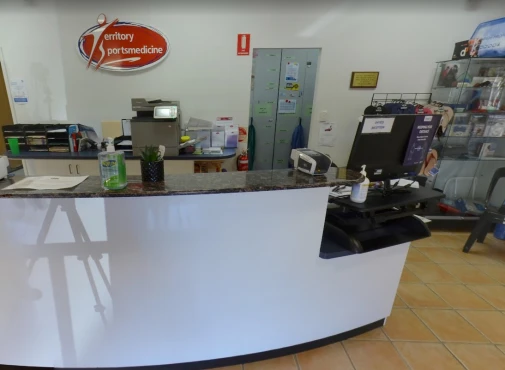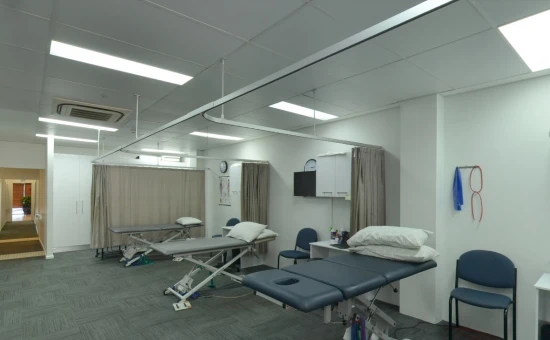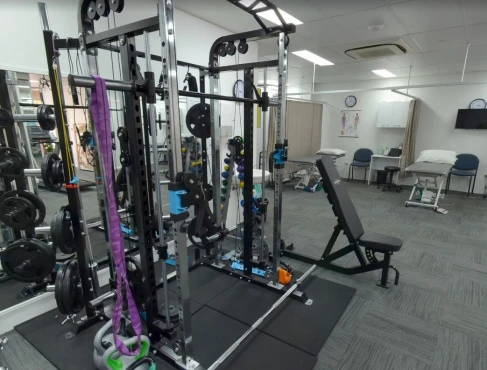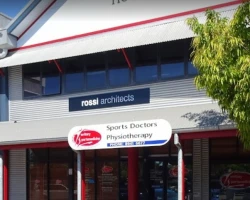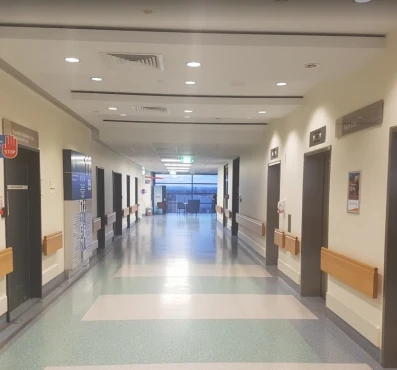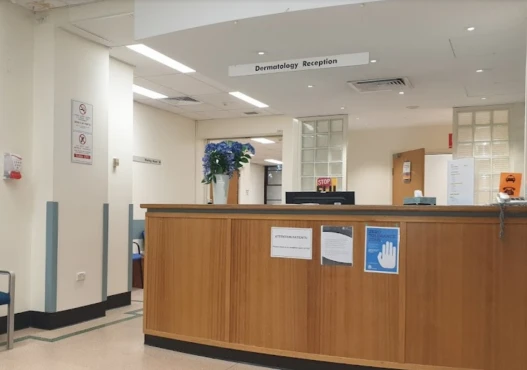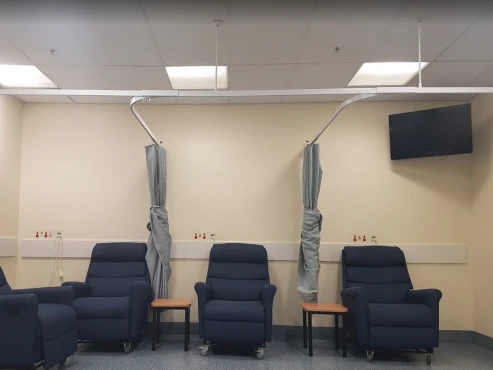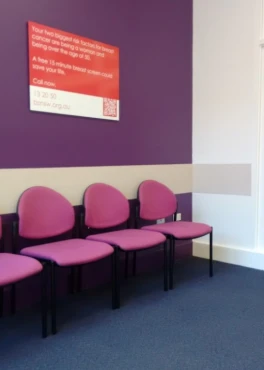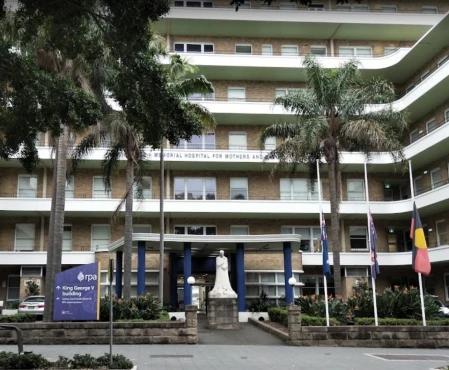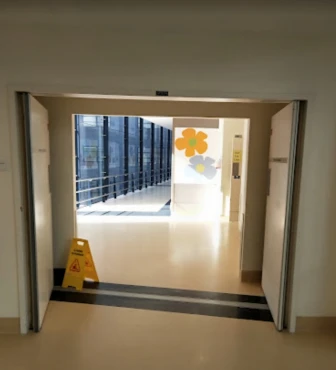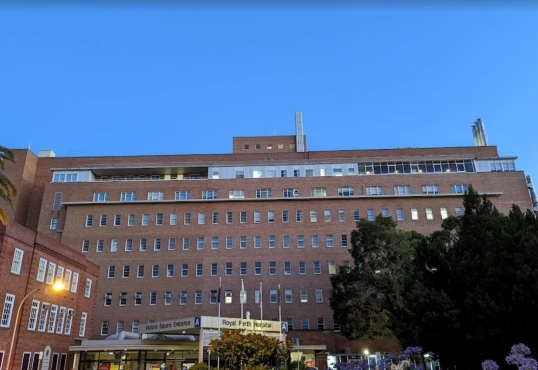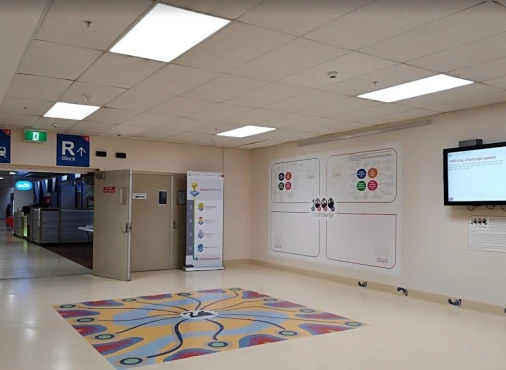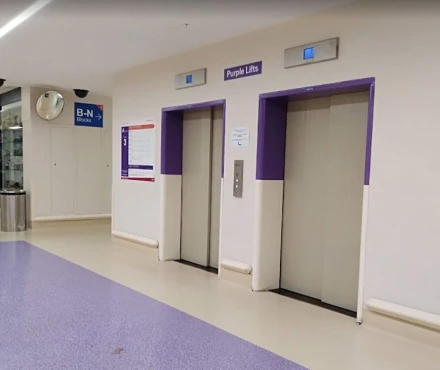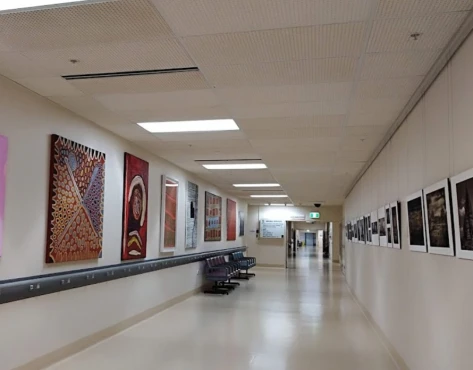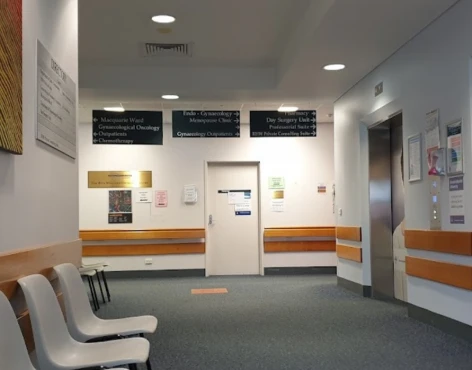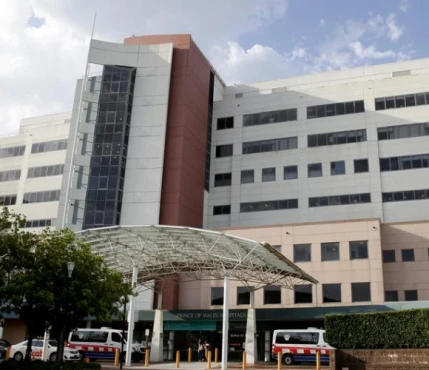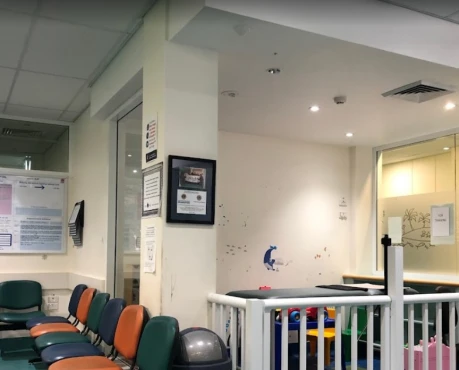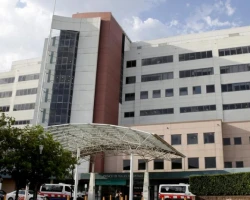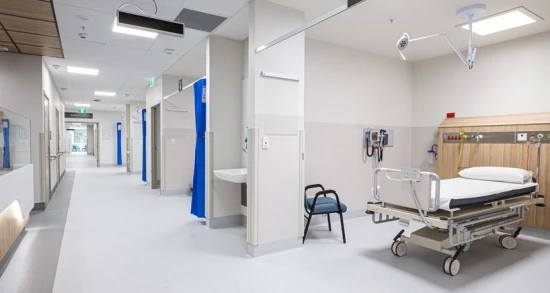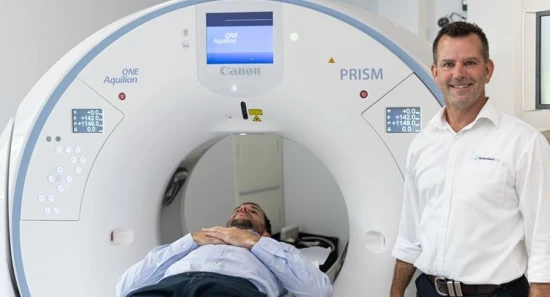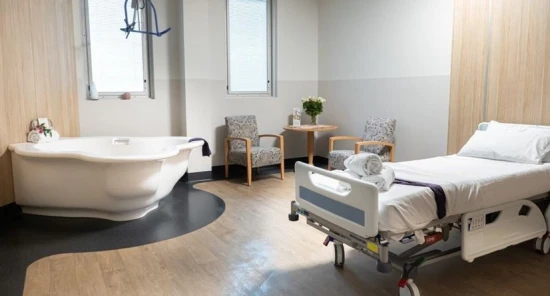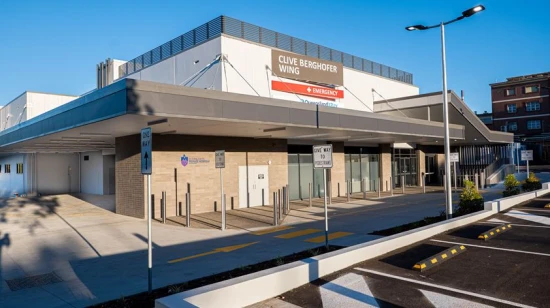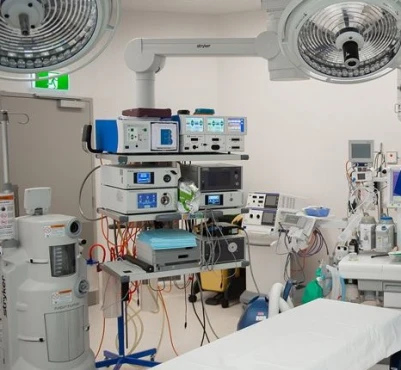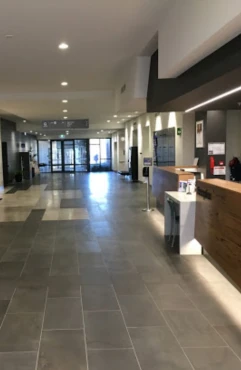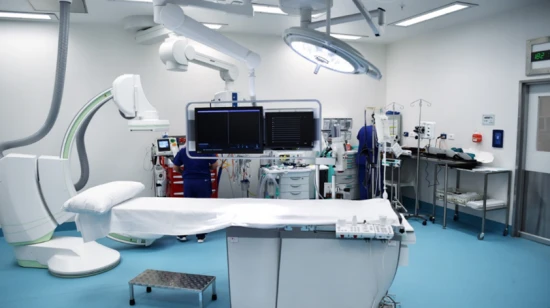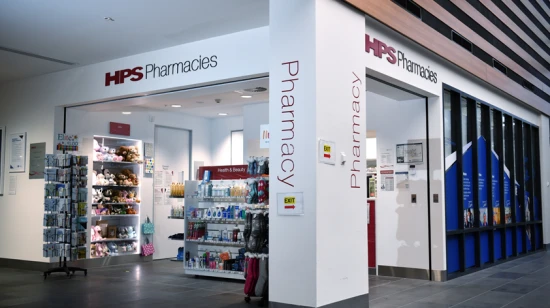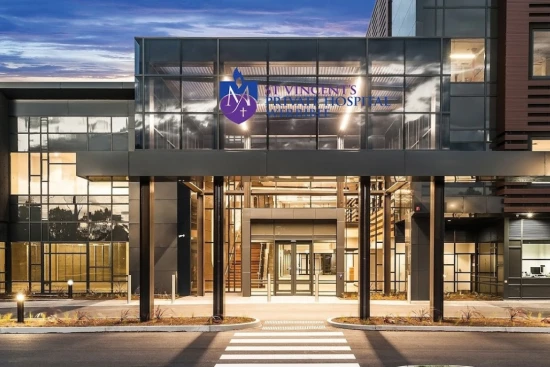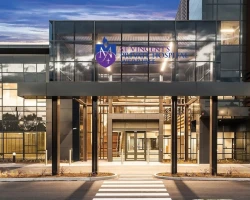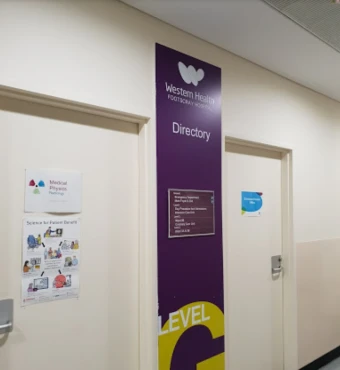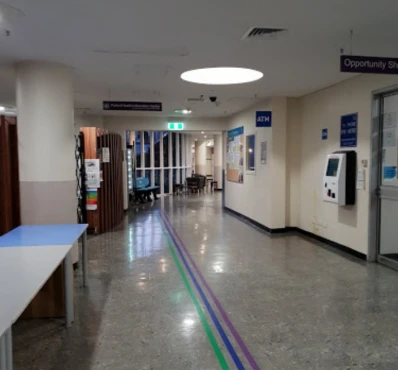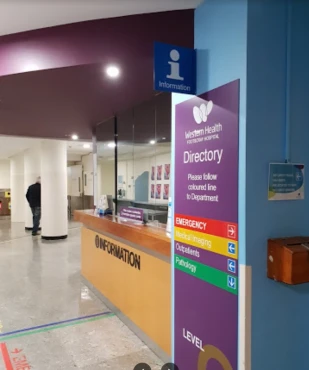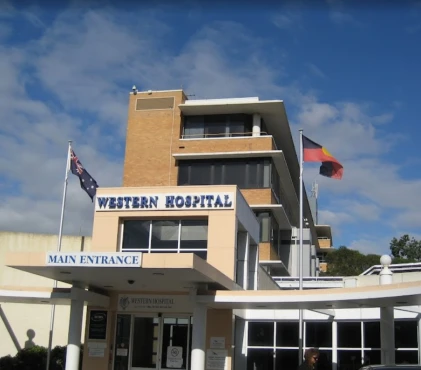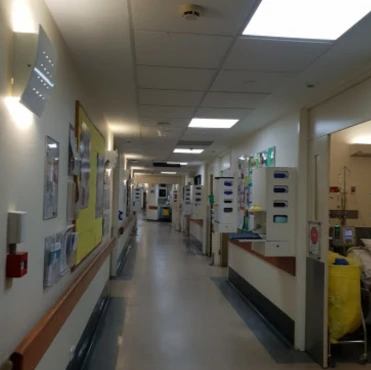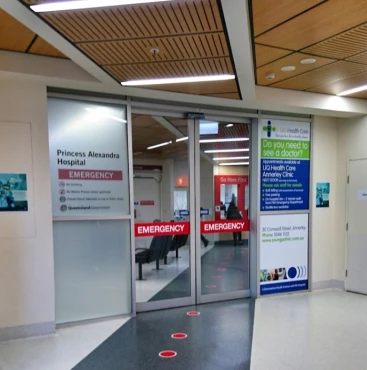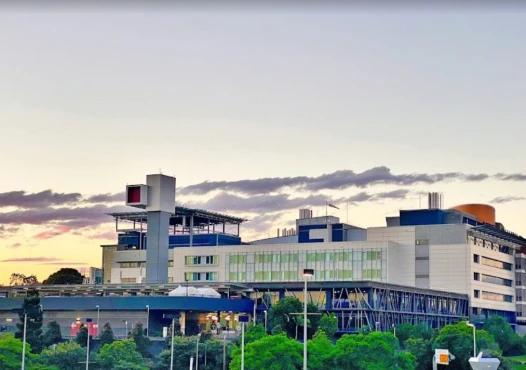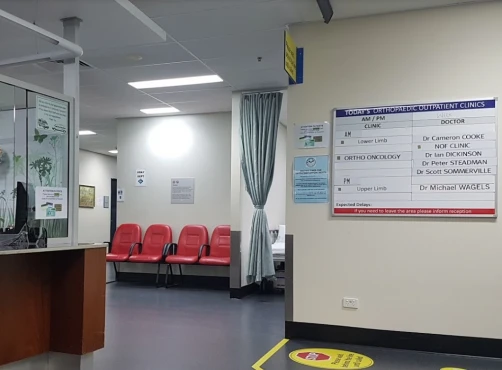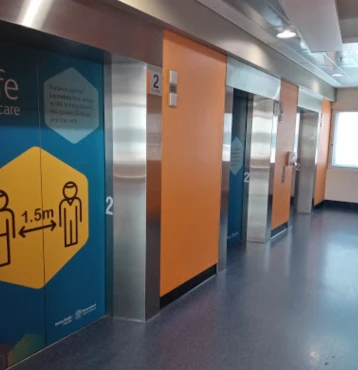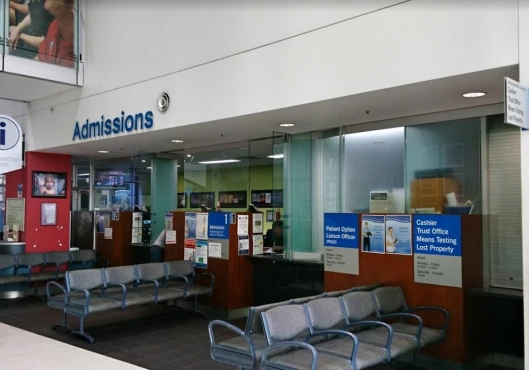Kidner procedure in 31 Orthopedic surgery clinics in Australia
31 clinics specializing in Orthopedic surgery providing
Kidner procedure
Kidner procedure involves the removal of an accessory navicular bone, a small bone on the inner side of the foot, to alleviate chronic pain or deformity. The procedure is typically done as an outpatient surgery.
Read more...
in Australia.
Adelaide · 1
Auchenflower · 1
Bedford Park · 1
Bendigo · 1
Brighton · 1
Camperdown · 1
Chermside · 1
Darlinghurst · 1
Darwin · 1
Footscray · 1
Garran · 1
Greenslopes · 1
Griffith · 1
Kew · 1
Malvern · 1
Melbourne · 2
Mornington · 1
Murdoch · 2
Perth · 1
Randwick · 1
Saint Albans · 1
South Brisbane · 1
St Leonards · 1
Sydney · 1
Toowoomba · 1
Werribee · 2
West Perth · 1
Woolloongabba · 1
You can select a specific city
Adelaide · 1
Auchenflower · 1
Bedford Park · 1
Bendigo · 1
Brighton · 1
Camperdown · 1
Chermside · 1
Darlinghurst · 1
Darwin · 1
Footscray · 1
Garran · 1
Greenslopes · 1
Griffith · 1
Kew · 1
Malvern · 1
Melbourne · 2
Mornington · 1
Murdoch · 2
Perth · 1
Randwick · 1
Saint Albans · 1
South Brisbane · 1
St Leonards · 1
Sydney · 1
Toowoomba · 1
Werribee · 2
West Perth · 1
Woolloongabba · 1
Sorted by:
Relevance
Rating
Cost of procedures
Relevance
Prices for selected procedures, total:
≈ $2,585
Prices for popular procedures:
Prices for selected procedures, total:
≈ $2,585
Prices for popular procedures:
Prices for selected procedures, total:
≈ $2,585
Prices for popular procedures:
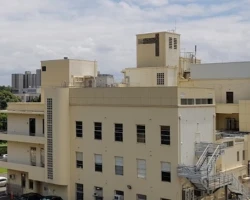
Melbourne, Australia
Specializations: Thoracic surgery, Orthopedic surgery, Oncology
Languages: Arabic, Croatian, Italian, Serbian, Somali, Turkish, Vietnamese, Spanish; Castilian, Chinese, Greek, Modern
St Vincent’s Hospitals Australia has a rich tradition of providing progressive and excellent health care. We combine the latest technology with exceptional and compassionate medical,
read more
Prices for selected procedures, total:
≈ $2,585
Prices for popular procedures:
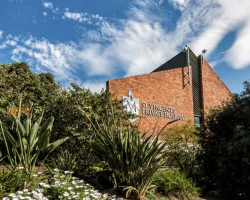
Kew, Australia
Specializations: Orthopedic surgery, Oncology
Languages: Arabic, Croatian, Italian, Serbian, Somali, Turkish, Vietnamese, Chinese, Greek, Modern, Spanish; Castilian
St Vincent’s Hospitals Australia has a rich tradition of providing progressive and excellent health care. We combine the latest technology with exceptional and compassionate medical,
read more
Prices for selected procedures, total:
≈ $2,585
Prices for popular procedures:
Prices for selected procedures, total:
≈ $2,585
Prices for popular procedures:
Prices for selected procedures, total:
≈ $2,585
Prices for popular procedures:
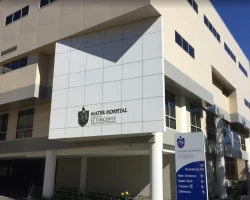
Sydney, Australia
Specializations: Cardiac surgery, Vascular surgery, Orthopedic surgery, Oncology
Languages: Arabic, Croatian, Italian, Serbian, Somali, Turkish, Vietnamese, Greek, Modern, Spanish; Castilian, Chinese
The Mater Hospital is a leading private hospital renowned for its quality care and compassion. We take a holistic approach to healthcare and acknowledge the
read more
Prices for selected procedures, total:
≈ $2,585
Prices for popular procedures:
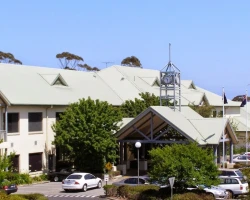
Mornington, Australia
Specializations: Cardiac surgery, Vascular surgery, Thoracic surgery, Neurosurgery, Orthopedic surgery, Oncology
Since 1969, Beleura Private Hospital, Mornington, has maintained a strong commitment to continuous improvement and innovation, in response to the local medical, surgical and mental
read more
Prices for selected procedures, total:
≈ $2,585
Prices for popular procedures:
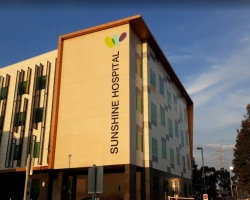
Saint Albans, Australia
Specializations: Cardiac surgery, Thoracic surgery, Neurosurgery, Orthopedic surgery, Oncology
Sunshine Hospital is an acute and sub-acute teaching hospital with approximately 600 beds(including Mental Health beds managed by North West Mental Health). Sunshine Hospital has
read more
Prices for selected procedures, total:
≈ $2,585
Prices for popular procedures:
Prices for selected procedures, total:
≈ $2,585
Prices for popular procedures:
Prices for selected procedures, total:
≈ $2,585
Prices for popular procedures:
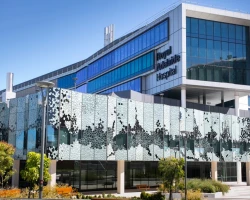
Adelaide, Australia
Specializations: Cardiac surgery, Vascular surgery, Thoracic surgery, Neurosurgery, Orthopedic surgery, Oncology
Royal Adelaide Hospital (RAH) is the state’s flagship hospital, providing a comprehensive range of the most complex clinical care to an estimated 85,000 inpatients and
read more
Prices for selected procedures, total:
≈ $2,585
Prices for popular procedures:
Prices for selected procedures, total:
≈ $2,585
Prices for popular procedures:
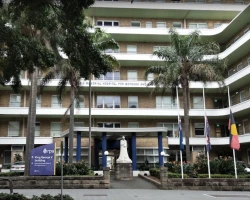
Camperdown, Australia
Specializations: Cardiac surgery, Vascular surgery, Thoracic surgery, Neurosurgery, Spine surgery, Orthopedic surgery, Oncology
Languages: Portuguese, Russian, Turkish
Royal Prince Alfred Hospital is one of Australia's premier tertiary referral hospitals and is recognised as a worldwide leader in healthcare excellence and innovation. RPA
read more
Prices for selected procedures, total:
≈ $2,585
Prices for popular procedures:
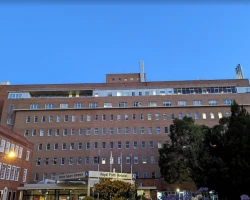
Perth, Australia
Specializations: Cardiac surgery, Vascular surgery, Neurosurgery, Spine surgery, Orthopedic surgery, Oncology
Established in 1855 Royal Perth Hospital (RPH) is Western Australia's longest-serving hospital and renowned for contributing to innovation and excellence in medical research and patient
read more
Prices for selected procedures, total:
≈ $2,585
Prices for popular procedures:
Prices for selected procedures, total:
≈ $2,585
Prices for popular procedures:
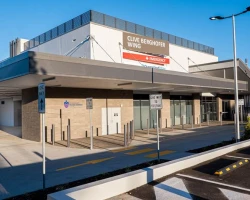
Toowoomba, Australia
Specializations: Cardiac surgery, Vascular surgery, Neurosurgery, Spine surgery, Orthopedic surgery, Oncology
Languages: Arabic, Croatian, Italian, Serbian, Somali, Turkish, Vietnamese, Chinese, Greek, Modern, Spanish; Castilian
St Vincent’s Hospitals Australia has a rich tradition of providing progressive and excellent health care. We combine the latest technology with exceptional and compassionate medical,
read more
Prices for selected procedures, total:
≈ $2,585
Prices for popular procedures:
Prices for selected procedures, total:
≈ $2,585
Prices for popular procedures:
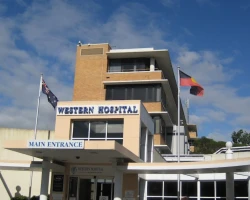
Footscray, Australia
Specializations: Cardiac surgery, Vascular surgery, Thoracic surgery, Neurosurgery, Spine surgery, Orthopedic surgery, Oncology
Footscray Hospital is an acute teaching hospital with approximately 290 beds (following recent relocation of a number of services to Sunshine Hospital). It provides the
read more
Prices for selected procedures, total:
≈ $2,704
Prices for popular procedures:
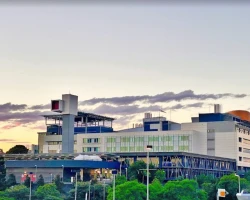
Woolloongabba, Australia
Specializations: Cardiac surgery, Vascular surgery, Thoracic surgery, Neurosurgery, Spine surgery, Orthopedic surgery, Oncology
Languages: English
Princess Alexandra Hospital (PAH) is a tertiary health care centre, providing care in all major adult specialties, with the exception of obstetrics. We are
read more
Procedure price distribution in Australia
Kidner procedure:
$2,665
This price found at
Perth Orthopaedic and Sports Medicine Centre
in Australia, West Perth
$2,704
This price found at
Princess Alexandra Hospital, Woolloongabba
in Australia, Woolloongabba
Minimum Average Maximum
Procedure prices in popular countries:
Kidner procedure:
Turkey
$1,369 - 1,372
in
30 clinics
Germany
$4,702 - 4,702
in
45 clinics
China
$5,384 - 5,384
in
6 clinics
United States
$6,220 - 6,220
in
23 clinics
Israel
$6,624 - 6,635
in
16 clinics
Countries with the highest number of clinics offering the procedures treatment:
Kidner procedure:
worldwide
751 clinics
United Kingdom
64 clinics
Germany
45 clinics
Brazil
33 clinics
Australia
31 clinics
Turkey
30 clinics
Clinics grouping by rating
Clinic with the highest rating of 5 — Perth Orthopaedic and Sports Medicine Centre in West Perth, Australia, clinic with the most reviews number of 883 — Werribee Mercy Hospital in Werribee, Australia.
With rating 4.0 and over — 11 clinics .
